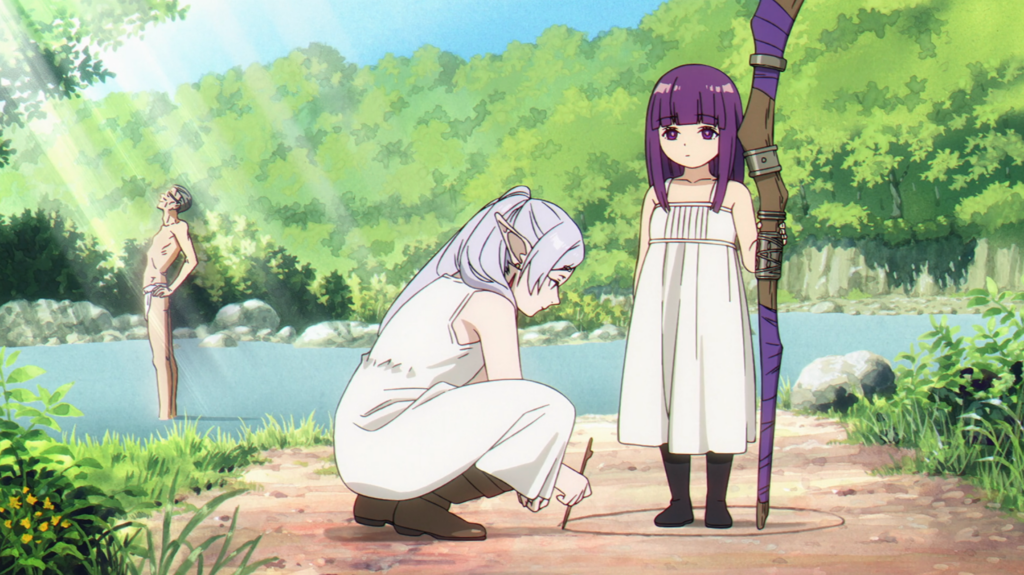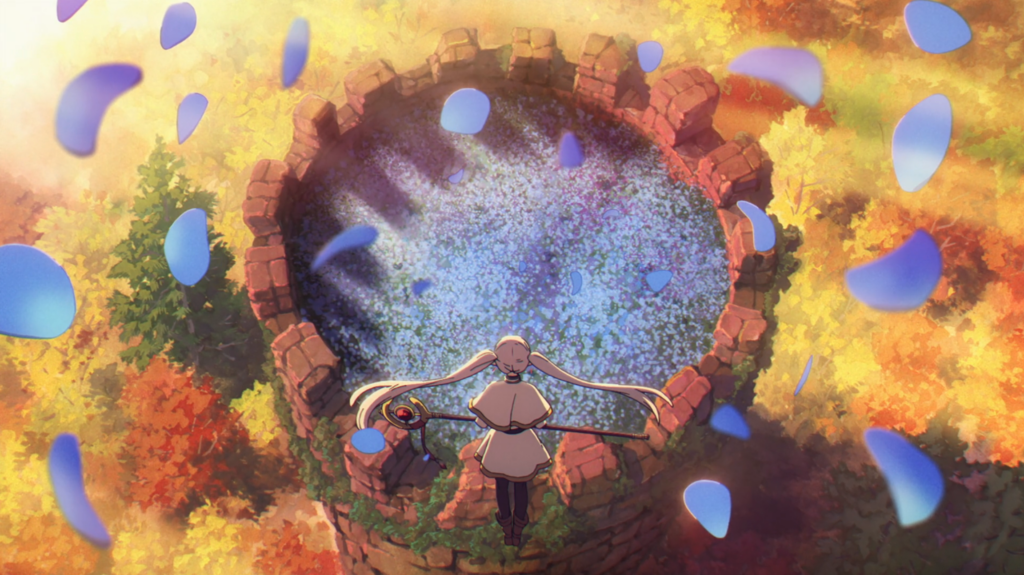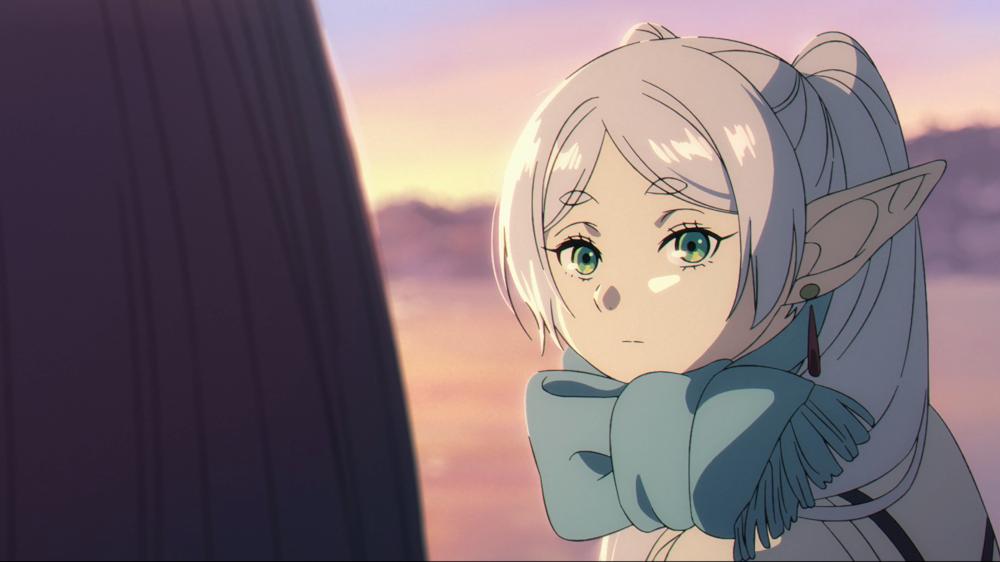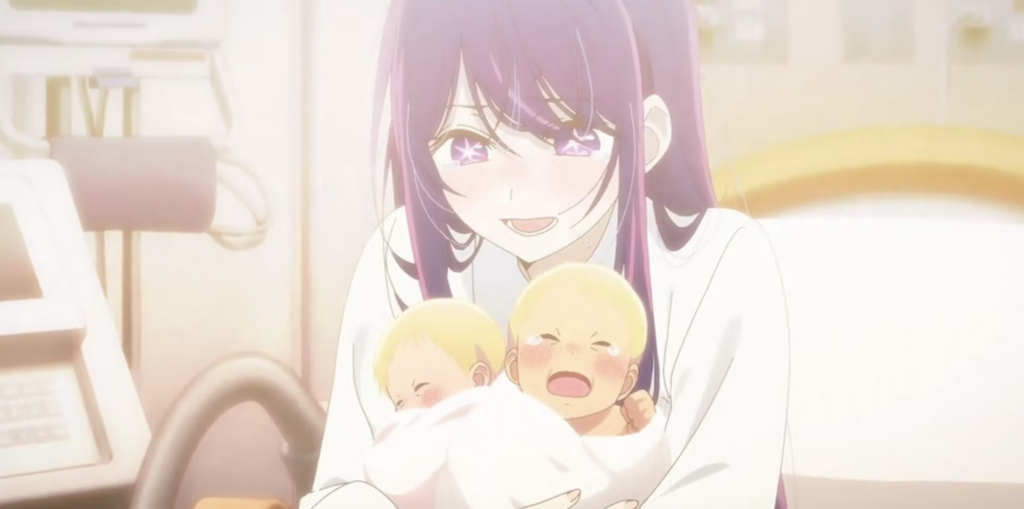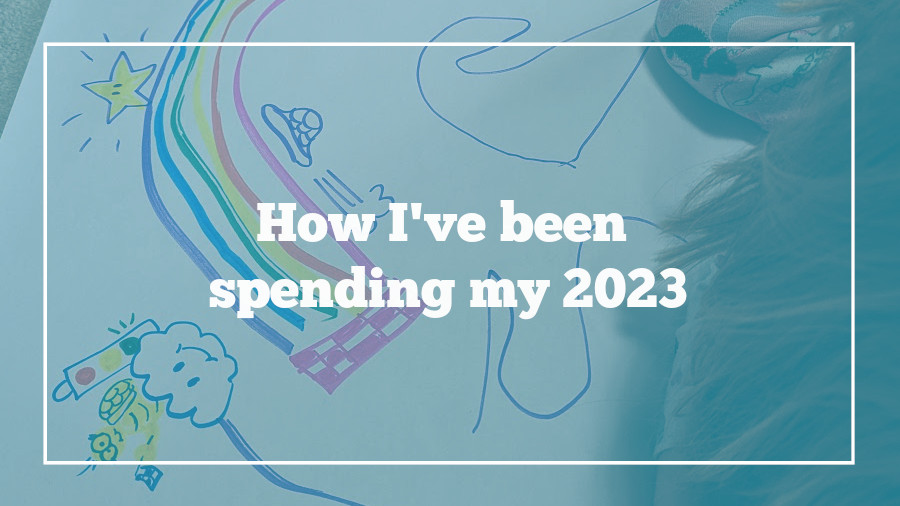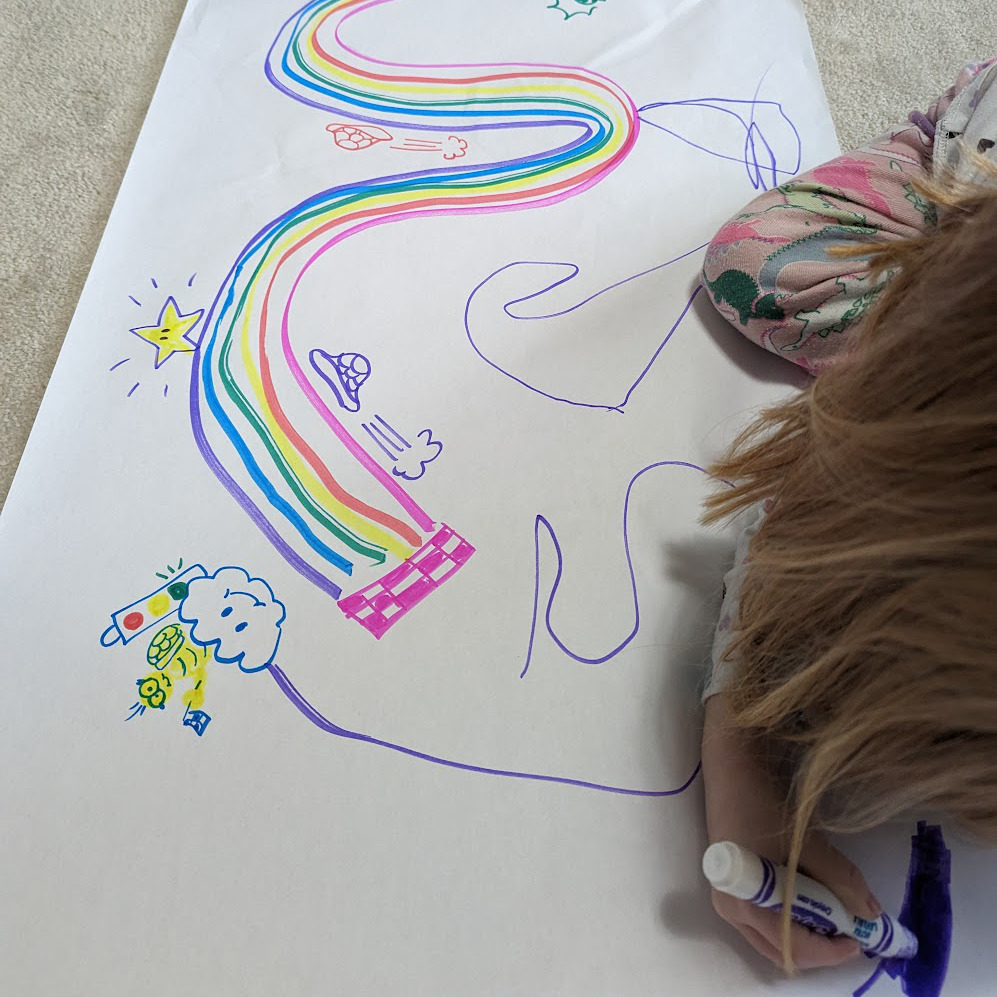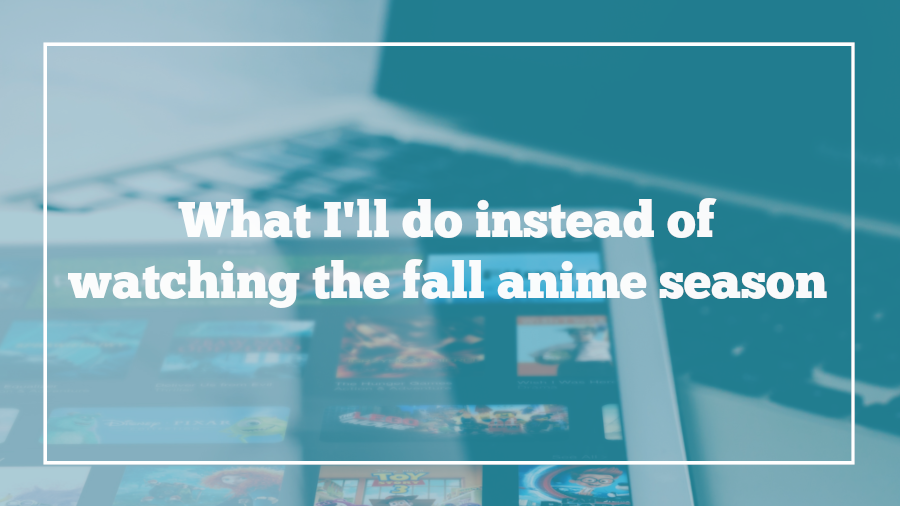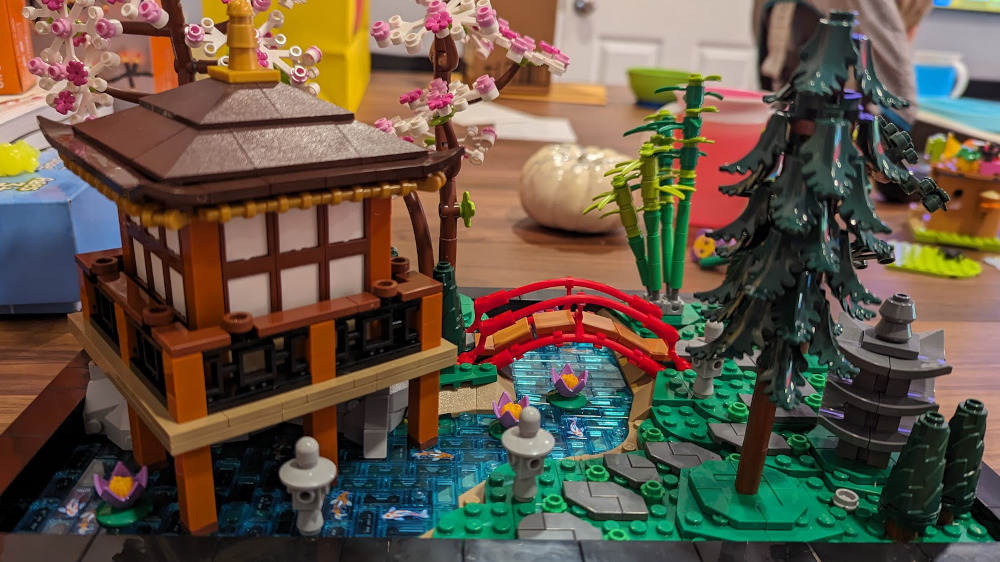
I was catching up on Ya Boy Kongming! when the first contraction hit. It was May 2022, and it was one week before my son’s due date. Since this was my second pregnancy, I had a pretty good idea about how much time I had left before I needed to get to the hospital. So I pulled out my laptop and started drafting the Anime News Network newsletter, pausing to breathe through the waves of pain and timing my contractions all the while.
Bryan Casval was born punctually, two hours after I arrived at the delivery ward. Lying in my hospital bed, my husband John dozing on the couch, the baby swaddled in his bassinet between us, I emailed the draft to Peter, who used to format the newsletter before moving on to become Director of Film at Japan Society. “Curated by Lauren and Bryan Orsini,” that week’s newsletter read. It was very cute.
“How awful,” you might be thinking, “the monsters at ANN wouldn’t give a person time off while she was literally in labor!” Let’s stop right there; I was offered a break, but I refused it. In a time when I found myself drowning in pregnancy and early motherhood, the newsletter was my tether to the community. To curate it, I had to read the ANN headlines daily. I stayed on top of which anime people were most excited for, at a time when I was barely watching anime anymore. It was my only consistent fandom gig, and I didn’t want it to be eclipsed by motherhood like so many other parts of me. There was defiance in my decision to work through the pain: I wanted and still want to give the world to my kids, but I won’t sacrifice my entire self to do it.
Ever since my daughter, Eva Artesia was born (because yes, they are both named after Gundam characters), every moment that I have devoted to my fandom has felt hard-earned, an indulgence of the person I used to be. My children were extremely wanted, to be clear, and I am deeply grateful they exist! That said, nobody with kids has ever noted having more free time than before. Becoming a mom reshaped my life, filling in all the empty spaces with more and more care tasks. As they grow, they continually reshape this tension in my life, a push-pull between my children and my hobbies.
I always vowed that I wouldn’t be the kind of mom who let motherhood define her life, but here we are. Part of it was the pandemic—I lost a lot of work during the lockdown and I couldn’t get childcare anyway, so I became a stay-at-home mom. Since then, I’ve become unrecognizable to myself. I have become the kind of person who gets angry when the kitchen’s a mess—and then I get angry that I’m angry about something so inconsequential. I get mad that my world has become so small that the biggest crisis I can imagine is a filthy kitchen at dinnertime.
I didn’t have a name for this frustration until I read This Is Not A Book About Benedict Cumberbatch: The Joy of Loving Something—Anything—Like Your Life Depends On It. Never have I spent so much time underlining passages and exclaiming YES! as I did with this book. Replace the words “Benedict Cumberbatch” with “anime” and this could be a book about me. Author Tabitha Carvan writes about how transgressive her fandom felt after becoming a mom, since being a mom is an identity that is supposed to blot out everything else:
“[T]his is exactly why it felt so wrong to fall for Benedict Cumberbatch as a mother. Because what could it mean except that I was dissatisfied with my perfectly good life, and worse, with my healthy, happy family? … How terrible! And greedy! And because being a mother went all the way to the edges of me, if I wanted to scrape out a little bit of time or space for anything else, it was at the expense of the motherness.”
My anger came from being boxed in to a role I didn’t choose or expect. I had no idea how all-encompassing the identity and tasks of parenthood would be until I was in it. At first, I kept up my writing, typing on my phone while nursing an infant; watching anime with the sound off to avoid waking the baby in his crib next to me. But as I time went on, I realized that the expected labor of caregiving and cleaning could expand to fill a whole day, week, life. Whole months would go by and I’d realized I hadn’t done a single thing purely to make myself happy.
My kids aren’t babies anymore, and I’ve had more time to process the ways I’ve changed, who I am now, and what I want to do just for me. With help from my husband, John, and our support system, I’ve been able to have kid-free outings, dinners with friends, an especially indulgent trip to a local Korean spa with my Japanese club, and in a change that feels both frivolous and extremely affirming, I spent an afternoon getting my hair dyed purple. I try to do something fun every day, whether it’s watching an episode of I’m In Love With The Villainess or building Lego. Activities that have no intended outcome except for pleasure. Carvan writes:
“[Fandom] can have unexpected, maybe profound, consequences, not in spite of being trivial but because it is. Because it’s fun, because it doesn’t matter, because it’s purely for you, because it feels stupidly good. Because the joy of it expands. It seeps into other parts of your life, transforming it, and you, in ways that do matter—a lot.”
I’m not taking time for myself for any productive purpose, like being a better parent. Still, I’ve found that it does make me a better mom because I’m less likely to yell or lose my patience after I’ve taken time for myself. I’m even showing my kids the side of me that’s more than a mom; this summer, we took my oldest kid to Otakon, where she was starstruck getting her picture taken with one of her favorite characters, Luigi.
Remembering that I’m more than just a mom felt transcendental to me, but it might be a strange confession to my readers. In November, Otaku Journalist will be 14 years old. My oldest child is four, so I’ve been blogging here for a decade longer than I’ve been parenting; which means you might not think of me as a mom at all—or even know that I have two kids, as some of my convention friends were surprised to learn at Otakon. I’m so different from the person I was when I started this blog that I wasn’t sure I could still come back. But I’m ready now. I’m here.

